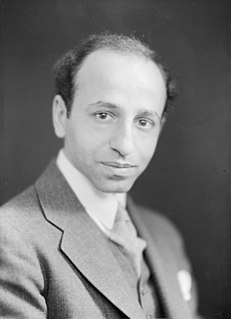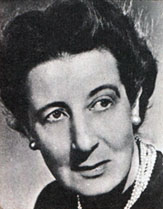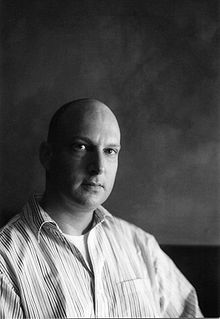A Quote by Jane Austen
Vanity was the beginning and the end of Sir Walter Elliot's character; vanity of person and of situation.
Related Quotes
Vanity was the beginning and the end of Sir Walter Elliot's character; vanity of person and of situation. He had been remarkably handsome in his youth; and, at fifty-four, was still a very fine man. Few women could think more of their personal appearance than he did, nor could the valet of any new made lord be more delighted with the place he held in society. He considered the blessing of beauty as inferior only to the blessing of a baronetcy; and the Sir Walter Elliott, who united these gifts, was the constant object of his warmest respect and devotion.
It is the utterly destructive quality. When you say vanity, you are thinking of the kind that admires itself in mirrors and buys things to deck itself out in. But that is merely personal conceit. Real vanity is something quite different. A matter not of person but of personality. Vanity says, "I must have this because I am me." It is a frightening thing because it is incurable.
And could I look upon her without compassion, seeing her punishment in the ruin she was, in her profound unfitness for this earth on which she was placed, in the vanity of sorrow which had become a master mania, like the vanity of penitence, the vanity of remorse, the vanity of unworthiness, and other monstrous vanities that have been curses in this world?



































